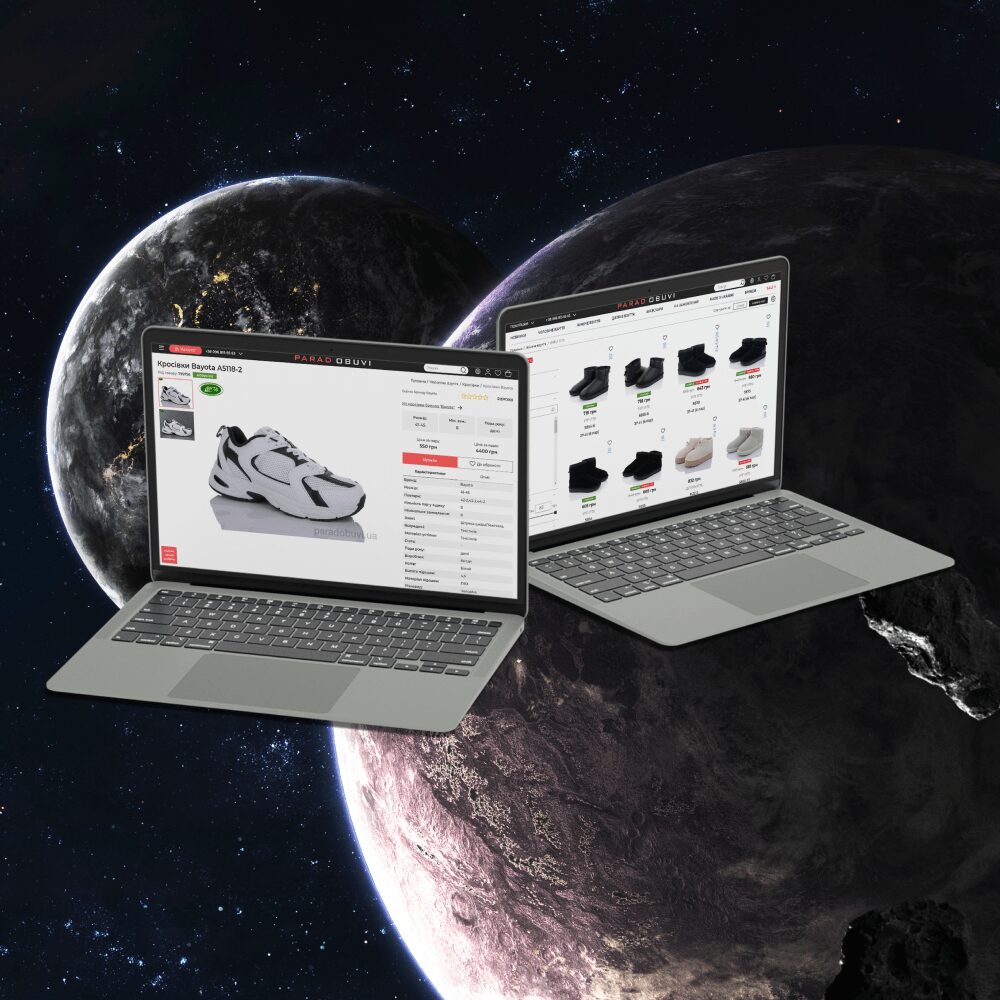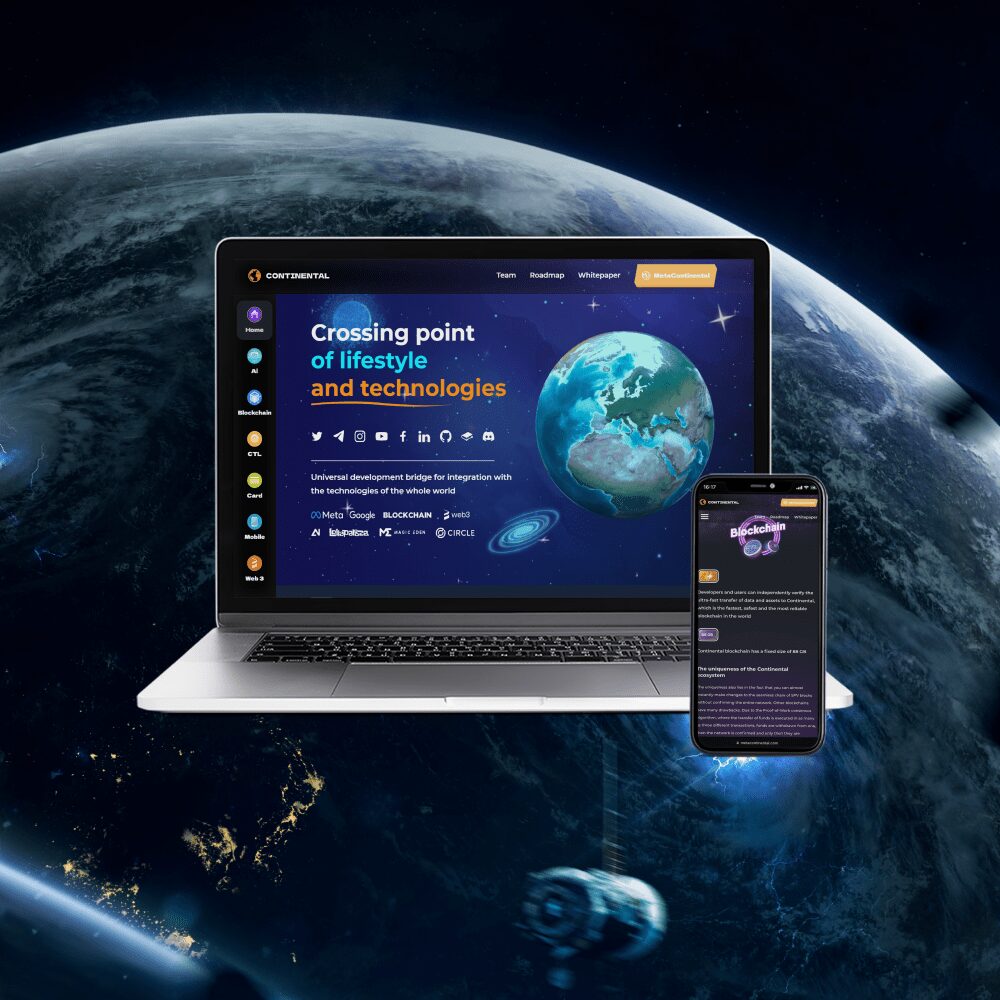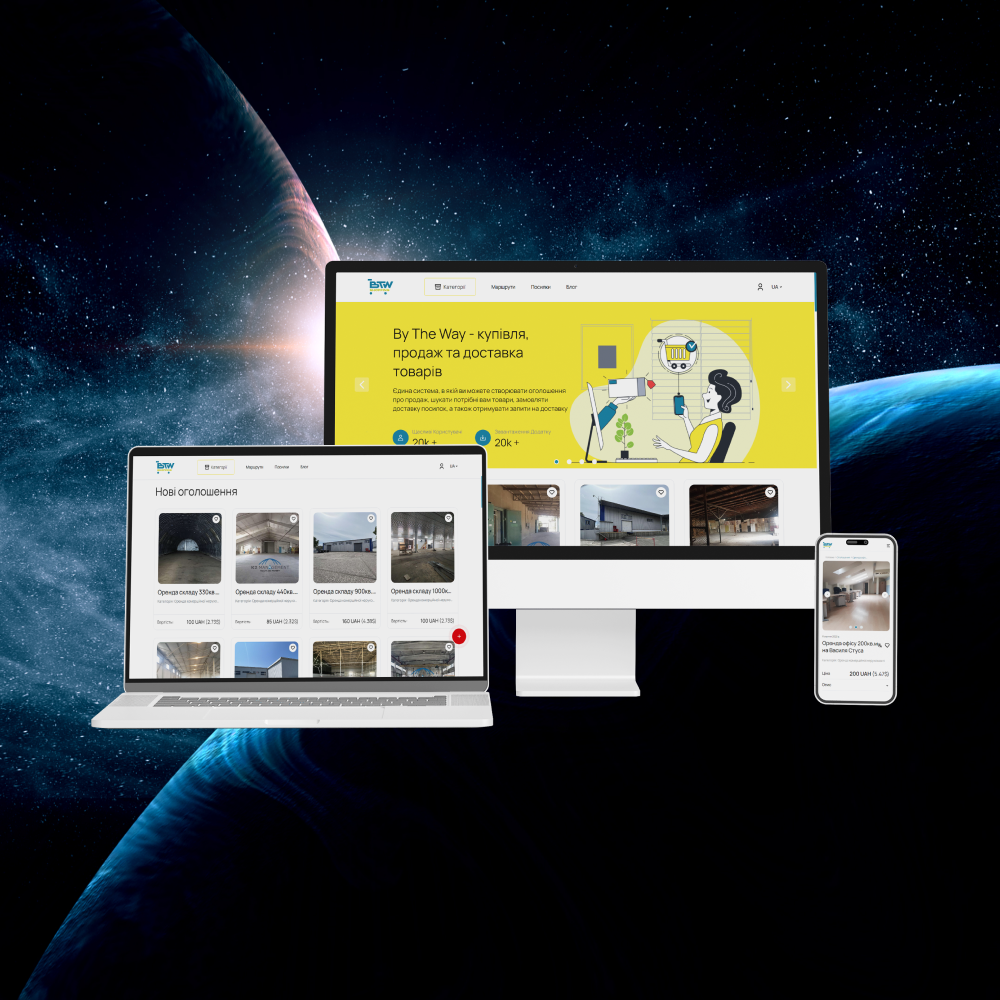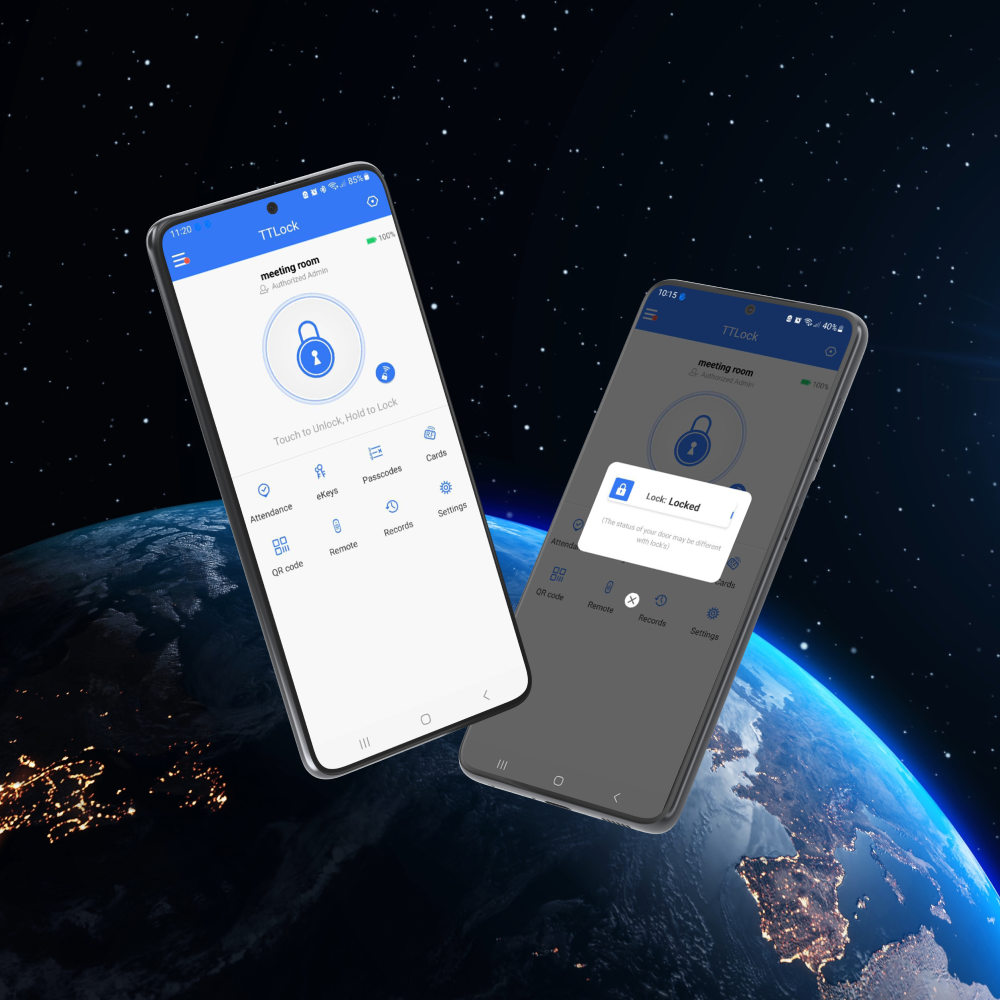Development of mobile apps for DeFi projects
What is DeFi
Decentralized financeWhat is DeFi Decentralized finance
DeFi is an independent financial ecosystem that is open to all users and lacks central governments such as banks and governments. Instead, DeFi protocols use blockchain networks and smart contract technology to ensure the transparency and security of all transactions.
Decentralization opens up many new opportunities for financial companies, such as speeding up transactions, reducing commissions, improving transaction security, and so on. Thanks to this, the DeFi sector is developing rapidly – in 2021 alone, it grew by 1210% and reached a volume of $245.22 billion. There are quite a few potential use cases for DeFi projects. Here are some of the most popular destinations:
- Lending. The provision of lending services in decentralized finance is built on public blockchains and protected by cryptography, thanks to which the lender and the borrower interact on transparent terms, and their assets are fully protected. This increases trust between the parties and reduces risks, making loans cheaper and faster.
- Insurance. The use of blockchain in insurance eliminates the need for multiple intermediaries. Instead, risks are shared among many network participants, resulting in improved quality of service.
- Decentralized exchanges. DEX platforms provide users with the opportunity to trade digital assets without the participation of an intermediary represented by an exchange. In such projects, funds are transferred directly between users’ wallets, due to which commissions are significantly reduced.
- Crypto wallets. Digital DeFi wallets can be used regardless of cryptocurrency exchanges and provide a person with greater opportunities to manage their finances.
Features of DeFi Applications
Features of DeFi Applications
The appearance of mobile DeFi projects is almost the same as traditional applications. The main difference between them is in the internal structure. In order for a product to be classified as decentralized finance, it must meet certain technical characteristics:
- Work in the blockchain network. The main feature of DeFi is decentralization. This means that the project runs on a public blockchain and is not managed by a group of specific people. Instead, all key decisions on the development of the application are made by all network members by voting.
- Open source. Applications that use opensource protocols are more trusted by end users, because they allow you to determine exactly how the project works.
- Automation. All transactions within DeFi applications are automated using smart contracts – pre-programmed computer scripts, and do not undergo physical validation or control by third parties. This guarantees transparency, honesty and speed of transactions.
- Availability. DeFi projects are publicly available and can be used by users regardless of the countries where they live, credit history and other attributes.
Development of mobile DeFi projects
Development of mobile DeFi projects
Creating DeFi applications for a smartphone is a complex process that involves a whole team of specialists: business analysts, designers, planners, programmers, and testers. The stack of technologies used may differ:
- Backend. For IOS – Swift languages, for Android – Java, Kotlin. In addition, using the Flutter SDK, you can create cross-platform applications that work on both operating systems at once.
- Frontend. The JavaScript programming language and its Vue.js framework.
- Blockchains. Ethereum, Tron, Solana or others, depending on the technical features of the project.
The production process itself consists of several successive stages. Let’s consider each of them in more detail.
Step 1. Analysis
At the first stage of development, specialists determine the key technical requirements for the project, its business goals and expectations from the end user. To do this, business analysts conduct a customer briefing and study potential competitors.
Step 2. Drawing up technical documentation
When the goals are defined, AVADA MEDIA specialists form technical documentation, which includes a description of all the functionality, algorithms and other technical requirements for the project, as well as a plan for its implementation. Subsequently, on the basis of this document, the timing and cost of implementing the application are calculated.
Step 3. Design and design
At this stage, UX / UI designers develop the external shell of the application and the internal navigation system. The design should be logical, understandable and predictable, so that already at the first interaction with the project, a person understands what actions he needs to take to achieve the desired result. In addition, the appearance of the application must inspire confidence in the end user, which is especially important for DeFi projects, since their work is related to financial management.
Step 4. Programming
The technical development of a DeFi application is the most complex and time-consuming stage of production, which consists of two main parts:
- Frontend – creating the user interface of the application that end users will interact with. In fact, at this stage, programmers transform the finished design layout into code that is understandable for Android and IOS devices. The task of the frontend is to receive requests from the client, partially process them and transfer them to the blockchain, with the subsequent output of the result.
- Backend – this part is also called the server part, and is responsible for data processing and the logic of the entire project. At this stage, smart contracts are also developed and integrated into the blockchain, crypto wallets are connected, and so on.
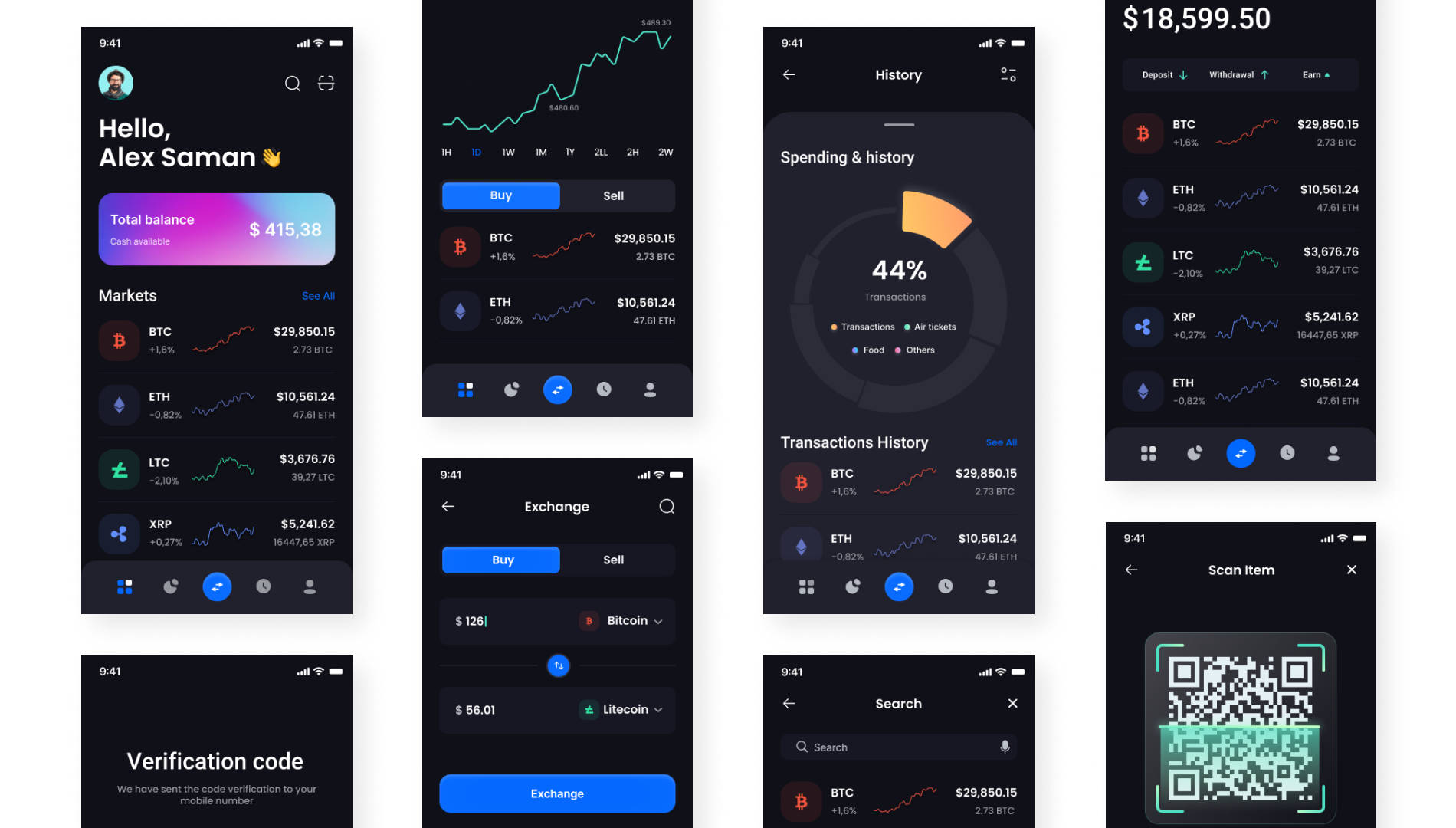
Step 5. Testing
After the technical development is completed, the application is transferred to the QA department, where it undergoes thorough testing. To do this, the project is placed on the blockchain test network, where you can check its functioning in conditions as close as possible to real ones.⠀
The responsibilities of a QA engineer include:
- Testing the correctness of each function and identifying bugs.
- Testing smart contracts.
- Interface usability testing.
- Checking the security of all systems.
- Performance check.
If errors are found, a bug report is generated and the project is submitted for revision to the responsible specialist. After changes are made, re-testing is carried out.
Development of DeFi mobile apps in AVADA MEDIA
Development of DeFi mobile apps in AVADA MEDIA
AVADA MEDIA specializes in the development of complex and high-load decentralized solutions. To work on such projects, we use already formed teams of specialists with experience in working together, which significantly speeds up production and guarantees high quality results.
If you are planning to launch your own DeFi application, please contact us by filling out the feedback form.
Fresh works
We create space projectsFresh works
The best confirmation of our qualifications and professionalism are the stories of the success of our clients and the differences in their business before and after working with us.
Our clients
What they say about usOur clients What they say about us
Successful projects are created only by the team
Our teamSuccessful projects
are created only by the team Our team
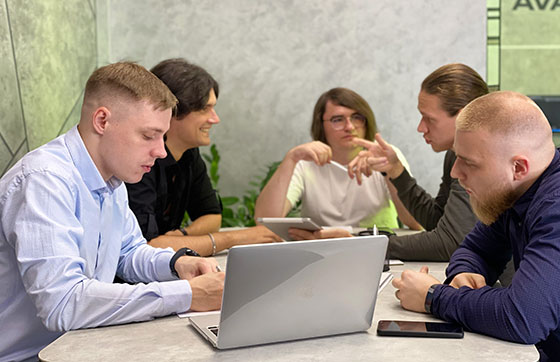
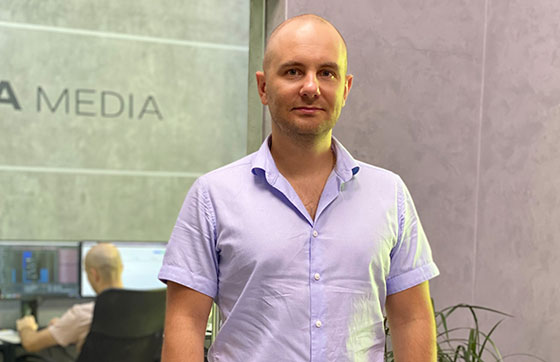
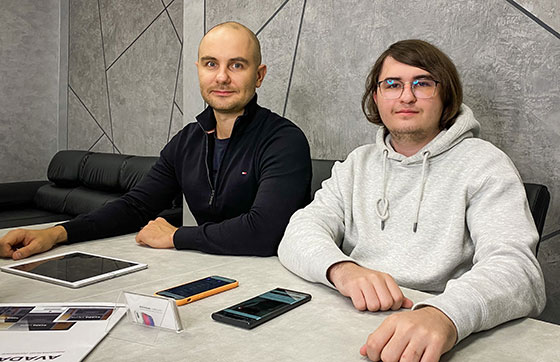
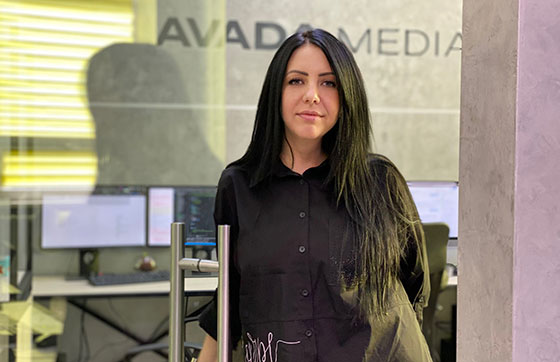
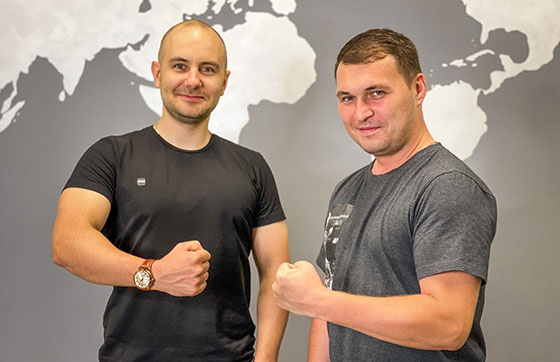
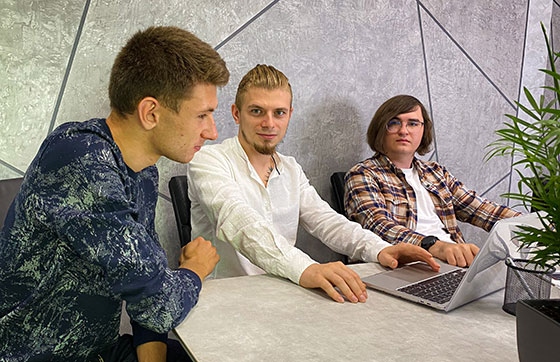


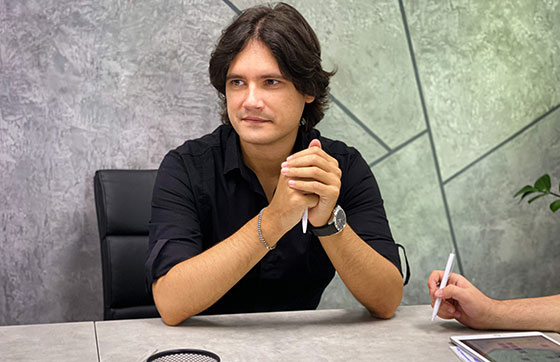

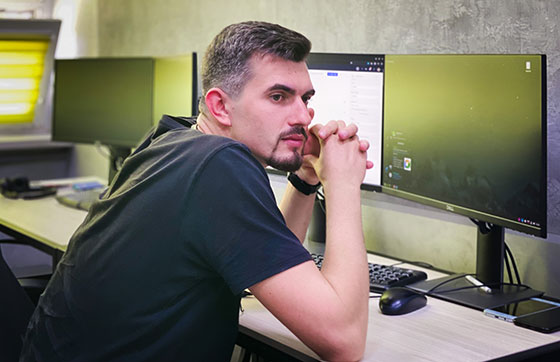

Contact the experts
Have a question?Contact the experts Have a question?
-
Phone:+ 38 (097) 036 29 32
-
E-mail:info@avada-media.com.ua

